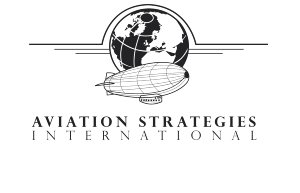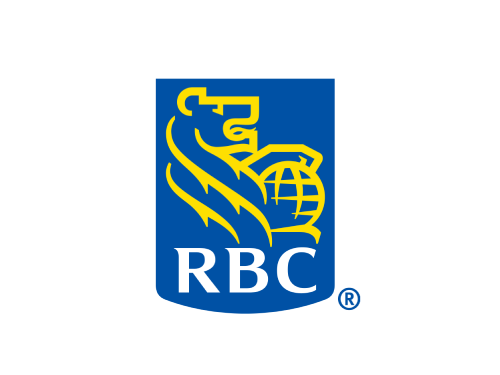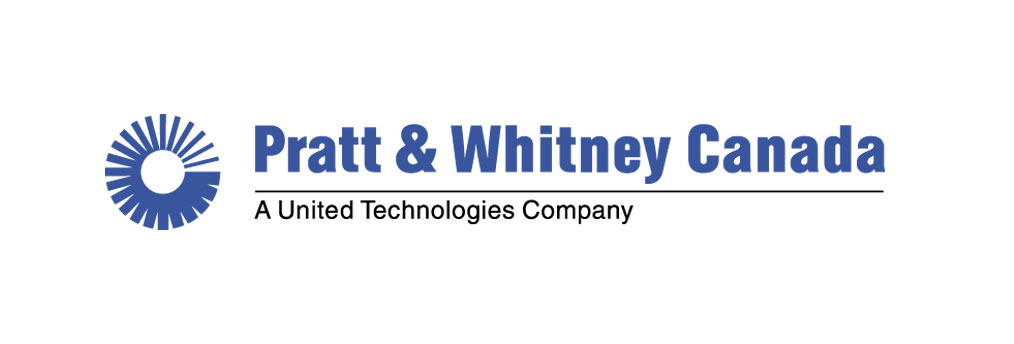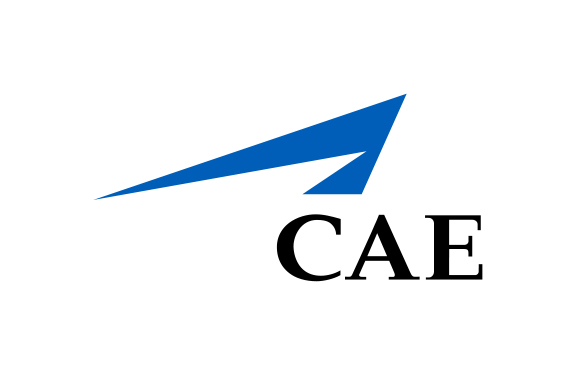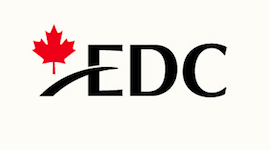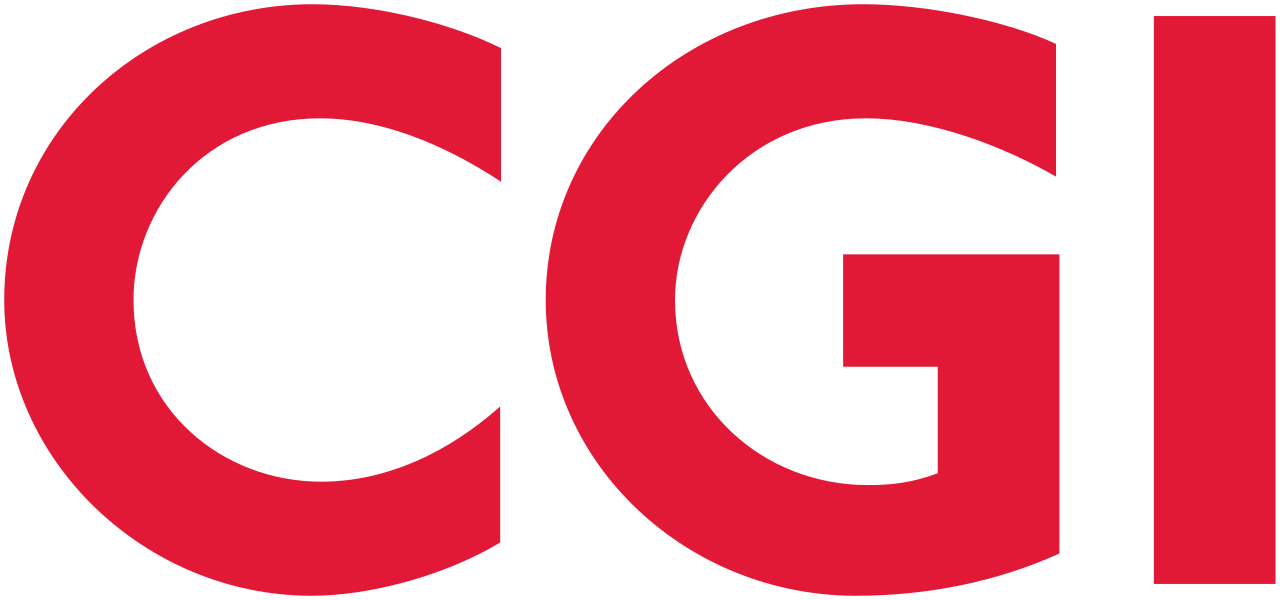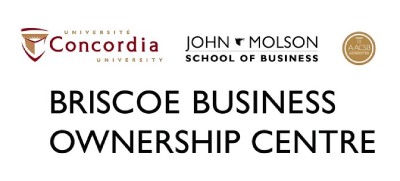MBAs on the case
[img_assist|nid=777|title=|desc=Thinking fast is important, say Boston College students (from left) Tim Bishop, Erin Quinn, Mary Ellen Carter and Bill Hizar. (photo: Gordon Beck)|link=none|align=none|width=640|height=348]
Students compete to solve business woes
A Montreal-based, family-owned company became so successful in its core business it expanded into other areas. Unfortunately, the new business was mismanaged and the company quickly ran into trouble meeting debt payments. Sound familiar?
No, it isn’t any of the companies making headlines these days. But it is a real case study used in the finals last year of the annual International MBA Case Competition run by Concordia University MBA students, This year’s competition is now under way.
The 11-year-old competition, which this year brings together 18 Canadian business schools and six from other countries, requires student-teams to submit action plans after studying the cases for only a few hours.
They then face a panel of judges drawn from the Montreal business community who judge them on the quality of the solution they propose and how they present it.
The New Zealand team from Otago University won last year’s, competing against Georgetown University in Washington, D.C.. Their solution, which the judges agreed with, was that the Montreal family-owned company should wind up their business.
The winning university is back this year to defend its title. It’s an all-new but confident team. “We are generalists” with strengths in different areas, said Pauline Hanna, an Otago member. “Last year’s team was generalist and so is this year’s.”
There is no set strategy or recipe for success in the competition, which began Wednesday and finishes tomorrow, said the New Zealanders. In fact, “part of the strategy is to address what is in the case and not have a strict formula,” explained Allan Voss. “The situations are so different, if you try do so, it would be inappropriate.” Contestants will have to be as flexible as possible in their approaches to help them deal with each case.
As well as the six International teams, all of Montreal’s business schools have teams, along with Dalhousie and the universities of Western Ontario and Toronto, among others.
The teams are divided into four divisions and each faces their five rivals in a succession of rounds for the first three days of competition. There are two sessions each day.
On Saturday, the winners of each division face one another in the semi-finals. Later that day, the two finalists go head to head to decide the winner.
Students are aware there is debate about whether such an atmosphere reflects actual business conditions. “One business executive, when he heard the ground rules for the competition said it was wrong,” said Mary Ellen Carter from Boston College. “He said you should think methodically and give the problem the time it deserves. “But it is good because it makes you think fast on your feet when you’re faced with a problem,” she added.
Her teammate William Hizar agreed. The time pressure helps you cut through and identify what’s important. When the judges fire questions at you, it turns you into a salesman when you find out your answer isn’t that good.”
On Wednesday, Boston College and a team from Helsinki, Finland, dealt with the fortunes of a dilapidated old hotel in a small town in Louisiana which seemed to be undergoing “operational difficulties.”
Both Boston College and their opponents arrived at the same solution: continue the hotel as an independent business and implement an operational plan to improve service in the hotel.
Students hope to raise the profile and reputation of their schools by participating. With more than 100 business executives as judges, they also hope to make contacts during the competition. Last year’s Otago team winners received job offers as a result of their success in the competition, their coach said. Said Otago’s Allan Voss: “The exposure they got in the local press in New Zealand didn’t do them any harm.”





